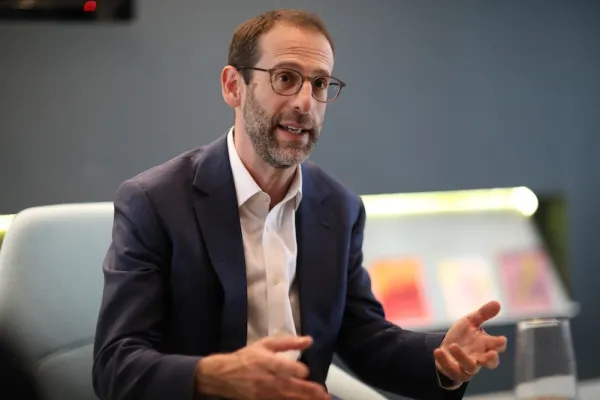Nor are the wireless devices that have become standard equipment for many financial industry professionals simply being used to deliver market data and initiate trades.
As lighter-weight alternatives to laptop computers, the hot-selling handhelds are now infiltrating such enterprise applications as sales management and customer service. It's an extension of the technology that suppliers, led by the BlackBerry's Canadian manufacturer, Research in Motion, had anticipated as the devices gained popularity over the past three years. Yet their expectations exceeded financial institutions' and other users' ability and willingness to invest in the necessary systems upgrades until about a year ago. That's when the proliferation of the devices "made it easier to get a return on investment," says Ed Kountz, a senior analyst with Needham, Massachusetts, research firm TowerGroup.
With nearly 1 million wireless data subscribers -- most carrying BlackBerries and the rest such brands as Hewlett-Packard Co.'s IPaq and PalmOne's Treo -- the financial sector is leading the charge into enterprise applications. "The attention that mobile consumer services get obscures what has been happening on the enterprise level," says Kountz.
The broader use is widespread in finance. Mortgage bank Aegis Funding Corp., asset managers Eaton Vance Corp. and Pimco Advisors and insurers Manulife Financial and Symetra Financial, among others, have all recently deployed handhelds as customer relationship management tools for their out-of-office workforces.
Sales of one mobile CRM system for mutual funds and annuities -- the MWholesaler software from Waltham, Massachusettsbased Pyxis -- accelerated in the second half of last year, says Pyxis president and CEO Shane Hughes.
Similarly, within a month of its release of software for the BlackBerry in September, CRM systems company Onyx Software had five customers online -- including Symetra -- and seven more in the pipeline, according to Bryan Smoltz, the Bellevue, Washington, company's director of product management.
"A lot of these firms spent millions of dollars on CRM and were disappointed with the results," notes Hughes at Pyxis, which counts eight of the ten largest U.S. asset managers as customers. "Now they are leveraging those investments by giving salespeople in the field instant access to the customer database, which improves their productivity and makes them far more effective."
Eaton Vance uses Pyxis' technology to connect wholesalers' BlackBerries to a Siebel Systems CRM platform. Wachovia Corp. subsidiary Evergreen Investments in Boston uses MWholesaler with an Onyx CRM system.
"I've never seen a piece of technology adopted so quickly," asserts Todd Larson, vice president and director of application and data services at Boston-based Eaton Vance. More than 50 of its mutual fund salespeople got MWholesaler on their BlackBerries in August. "They were comfortable with it immediately," says Larson.
The benefits? "Before, you'd have to boot up a laptop, sign on and log on to the virtual private network, e-mail and other applications," explains Larson. "The BlackBerry is always on, so with a couple of clicks you get any information you want." Missing or incomplete client contact information, requiring a call to headquarters -- the bane of traveling salespeople -- is no longer an issue.
Eaton Vance says it still has some kinks to work out: Its people can't yet input reports to the database. Two-way communication will be added in upgrades starting this quarter, along with products beyond retail mutual funds and amenities such as literature ordering and expense reporting.
The coding may be a challenge, but Larson says he won't have a hard time gauging the results: "If it's easy to use, our salespeople will use it, and if it's not, they won't. They want to sell."





